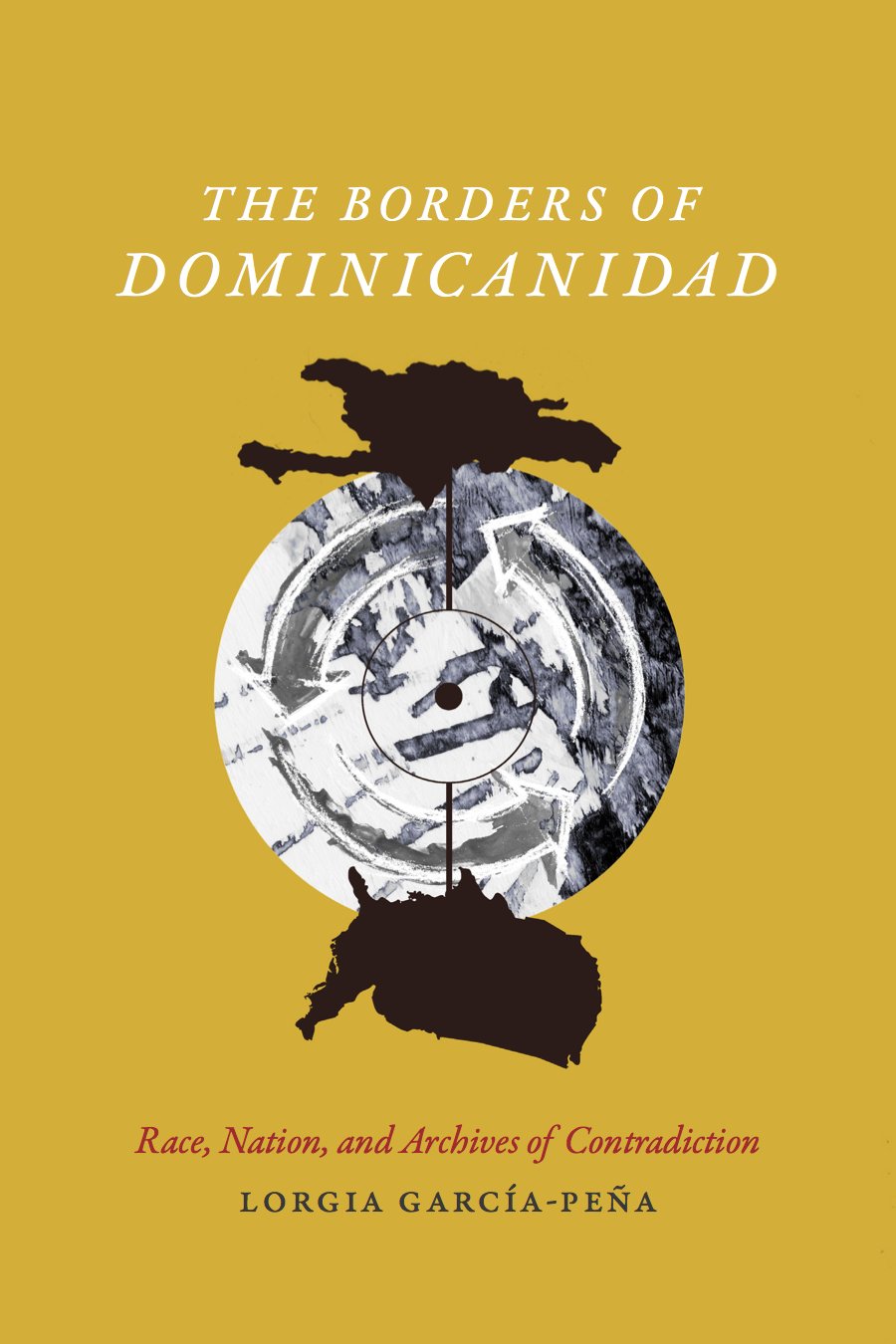Borders of Dominicanidad
Borders of Dominicanidad
Race, Nation, and Archives of Contradiction
In The Borders of Dominicanidad Lorgia García-Peña explores the ways official narratives and histories have been projected onto racialized Dominican bodies as a means of sustaining the nation's borders. García-Peña constructs a genealogy of dominicanidad that highlights how Afro-Dominicans, ethnic Haitians, and Dominicans living abroad have contested these dominant narratives and their violent, silencing, and exclusionary effects. Centering the role of U.S. imperialism in drawing racial borders between Haiti, the Dominican Republic, and the United States, she analyzes musical, visual, artistic, and literary representations of foundational moments in the history of the Dominican Republic: the murder of three girls and their father in 1822; the criminalization of Afro-religious practice during the U.S. occupation between 1916 and 1924; the massacre of more than 20,000 people on the Dominican-Haitian border in 1937; and the 2010 earthquake in Haiti. García-Peña also considers the contemporary emergence of a broader Dominican consciousness among artists and intellectuals that offers alternative perspectives to questions of identity as well as the means to make audible the voices of long-silenced Dominicans.
Reviews
"[A] contribution to the emancipation of translocal histories and of individuals as well." - Pedro Reina-Pérez, ReVista
"A magnificent far-ranging volume that examines the history, politics, and meaning of Afro-dominicanidad in all its glorious thorny complexity. Lorgia García-Peña pursues her claim with a wide-ranging intersectional rigor . . . For those who seek to pierce the murky racial legacies that continue to envelop the Dominican Republic—and by extension the rest of our world—The Borders of Dominicanidad is a beacon." - Junot Díaz
"A historically grounded, meticulously researched, and thoughtful analysis. . . . Among the book’s many strengths are its readable and jargon-free prose, its detailed analysis of events that have received little attention in Dominican history and literature, and its investigation of 'never-beforestudied evidence based documents found in historical archives in Santo Domingo, Port-au-Prince, and Washington D.C.' (15). . . . A brave and successful effort to unearth and honor the truths that get silenced by hegemonic narratives." - Sobeira Latorre, The Latin Americanist
awards
2016 Isis Duarte Book Prize in Haiti and Dominican Studies
2016 LASA Latino/a Studies Book Award
2017 NWSA Gloria Anzaldúa Book Prize
